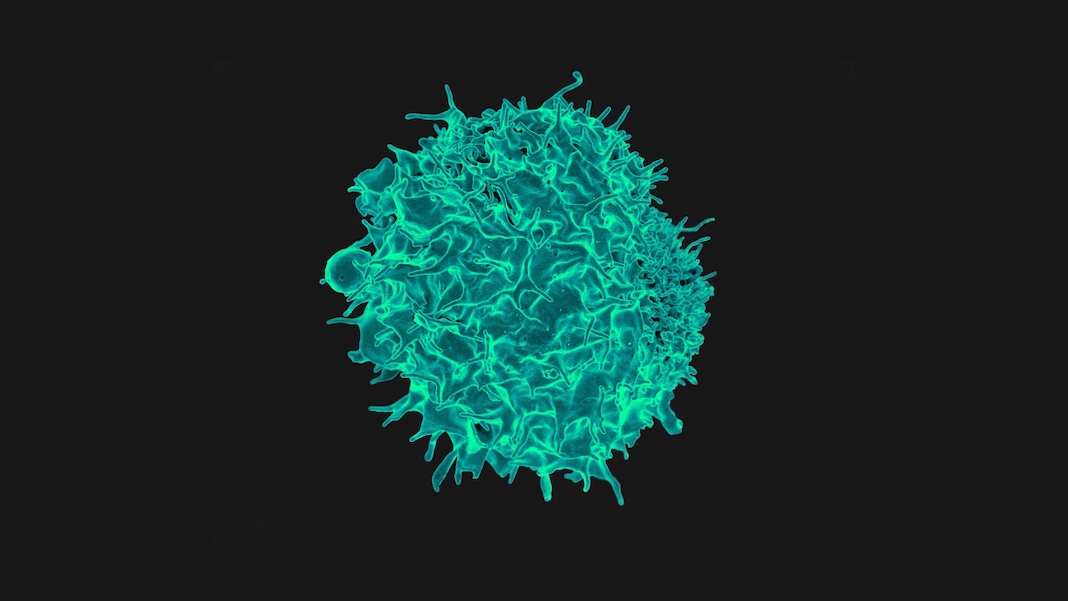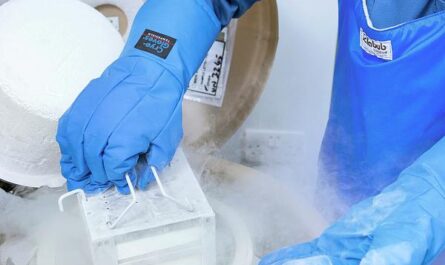Our immune system acts as a powerful defense against diseases. However, sometimes our immune cells fail to detect and eliminate dangerous threats like cancer cells. Immune cell engineering aims to develop more effective immune cells that can be harnessed to fight various diseases.
Engineering T cells
T cells play a vital role in our immune response. Researchers have started engineering these cells to enhance their disease-fighting abilities. Chimeric antigen receptor (CAR) T cell therapy is one such approach where T cells are engineered to target specific antigens on tumor cells. The modified T cells can recognize and kill cancer cells more efficiently. CAR T cell therapy has shown promising results in clinical trials for blood cancers. However, more research is needed to address limitations like toxicity and limited effectiveness against solid tumors. Scientists are engineering T cells with multiple CARs, immune checkpoint inhibitors and other modifications to expand the applications of this therapy.
Modifying Natural Killer (NK) Cells
NK cells are another type of immune cells that can identify and eliminate infected and abnormal cells. They offer an alternative to engineered T cells. NK cells have innate killing ability and do not require activation through antigen recognition like T cells. Researchers are developing NK cell therapies by adding tumor-specific antigen receptors and improving their anti-tumor functionality. Clinical trials show modified NK cells can target both blood and solid cancers effectively with reduced side effects compared to T cells. The safety and targeting ability of engineered NK cells make them an attractive option for immune cell therapy.
Optimizing Dendritic Cells
Immune Cell Engineering involves Dendritic cells act as immune sentinels that present antigens to activate other immune cells. Scientists are modifying these antigen-presenting cells to induce improved anti-tumor responses. One approach involves engineering dendritic cells to secrete immune stimulatory molecules and co-stimulatory ligands. This enhances their ability to activate T cells and initiate a robust immune response against cancer. Another method loads dendritic cells with tumor-specific antigens to direct immune attack towards cancer cells. Clinical studies demonstrate the feasibility and safety of engineered dendritic cell vaccines for treating various malignancies. Further optimization of these cell-based vaccines may lead to better outcomes.
Macrophage Engineering
Macrophages are phagocytic cells involved in both innate and adaptive immunity. They play a role in resolution of inflammation, wound healing and responding to infections. Researchers are exploring ways to reprogram macrophages using genetic and epigenetic techniques. This helps switch their regulatory phenotype to a pro-inflammatory mode better suited for attacking cancer or persisting pathogens. Biomaterials can also be used to deliver inhibitory signals to redirect macrophage functions. Preliminary studies show such modulated macrophages aid in chemotherapy and induce anti-tumor immunity. Developing reliable methods to engineer macrophage polarization holds promise for immunotherapy applications.
Overcoming Immunosuppression
One barrier to effective anti-tumor immune response is the immunosuppressive tumor microenvironment. Cancer cells employ various mechanisms to inhibit immune cell activity within tumors. Engineered immune cells aim to overcome these barriers. For example, T cells are being modified to resist immunosuppressive molecules like TGF-β secreted by tumors. CAR T cells are also engineered with checkpoint inhibitors to prevent exhaustion in an immunosuppressive milieu. Scientists investigate combinatorial approaches using dual targeted CAR T cells along with checkpoint blockade. This augments effector functions and enhances persistence of immune cells at tumor sites. Overcoming tumor immune evasion will hugely impact success of cell-based immunotherapies.




